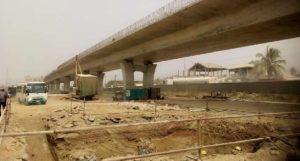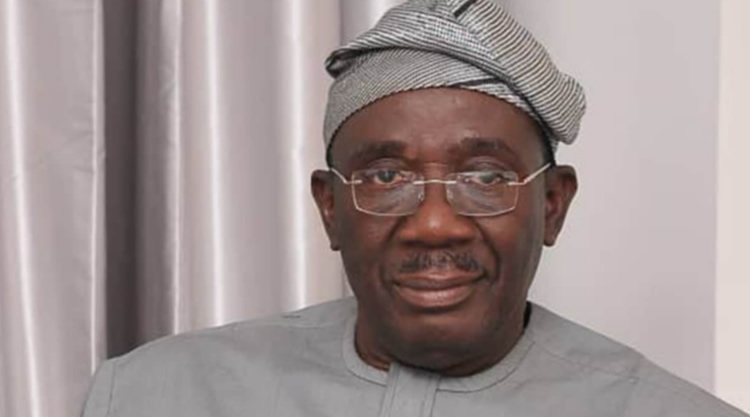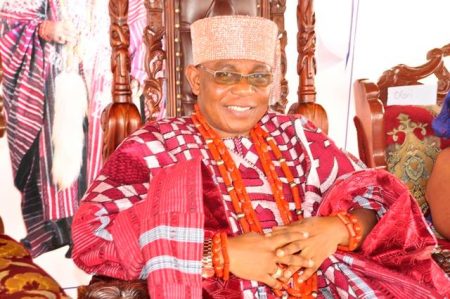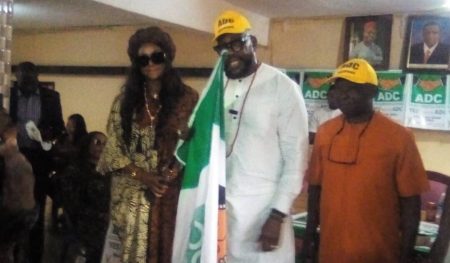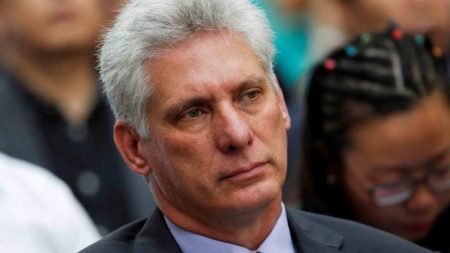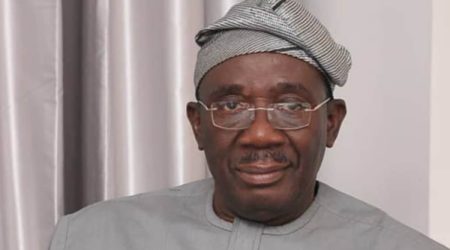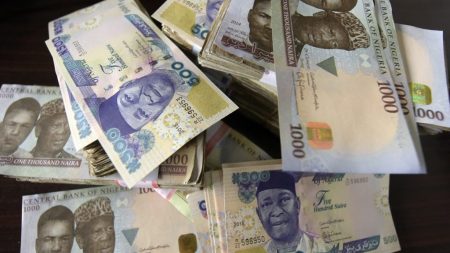Senator Fadahunsi’s Resignation: A Deep Dive into the Fallout of the 2023 Elections
Senator Francis Fadahunsi’s resignation from the Peoples Democratic Party (PDP) marks a significant development in the ongoing political realignment following the contentious 2023 general elections. His departure, attributed to “irreconcilable differences and protracted legal battles,” underscores the deep fissures within the party and the lingering impact of the electoral process. The senator’s decision, communicated through a formal letter dated June 12, 2025, to the PDP Ward 4 Chairman in Obokun Local Government Area, Osun State, signals a potential shift in the political landscape of the region and raises questions about the PDP’s ability to maintain unity and cohesion moving forward. Fadahunsi, who chairs the Senate Committee on Industry, emphasized that his decision followed extensive consultations with his political associates, family, and friends, suggesting a carefully considered move based on a comprehensive assessment of the party’s current state and future prospects.
The senator’s resignation letter specifically cites “irreparable, irreconcilable differences” as a primary reason for his departure. This points towards deep-seated divisions within the PDP, possibly stemming from disagreements over the party’s direction, leadership, or handling of the post-election period. The reference to “protracted legal battles” further emphasizes the internal strife and suggests that legal challenges related to the 2023 elections have exacerbated tensions and contributed to the breakdown of trust within the party. These legal battles may involve disputes over election results, candidate nominations, or internal party processes, further highlighting the fragility of the PDP’s internal structure.
The timing of Fadahunsi’s resignation, nearly two years after the 2023 general elections, suggests that these internal conflicts have not only persisted but potentially deepened over time. The senator’s decision to remain within the party for this extended period indicates a possible hope for resolution or a reluctance to abandon the party he represented. However, the eventual resignation suggests that these hopes were ultimately dashed, and that the internal divisions proved too significant to overcome. This protracted period of internal strife likely contributed to a growing sense of disillusionment within the party’s ranks, potentially leading to further resignations or defections in the future.
The impact of Fadahunsi’s resignation on the PDP’s political standing remains to be seen. The loss of a sitting senator, particularly one who chairs a prominent Senate committee, represents a symbolic blow to the party’s image and influence. It could also signal a broader trend of dissatisfaction among party members, potentially leading to further defections and weakening the PDP’s ability to compete effectively in future elections. The resignation could also have implications for the political landscape of Osun State, potentially altering the balance of power and influencing future electoral outcomes.
The broader implications of Fadahunsi’s resignation extend beyond the PDP and highlight the challenges faced by political parties in Nigeria in the aftermath of closely contested elections. The 2023 elections were marked by numerous legal challenges and accusations of irregularities, creating an atmosphere of uncertainty and distrust. This environment has likely contributed to internal divisions within various political parties, as members grapple with the fallout of the elections and debate the future direction of their respective parties. Fadahunsi’s resignation serves as a reminder of the fragility of political alliances and the long-lasting impact of electoral disputes.
Looking ahead, the PDP will need to address the underlying issues that led to Fadahunsi’s resignation in order to prevent further defections and rebuild party unity. This will require a concerted effort to bridge internal divisions, resolve outstanding legal disputes, and foster a more inclusive and transparent party structure. The party’s ability to effectively address these challenges will be crucial in determining its future prospects and its ability to remain a competitive force in Nigerian politics. The resignation of Senator Fadahunsi serves as a stark warning signal, highlighting the urgent need for internal reform and reconciliation within the PDP.



